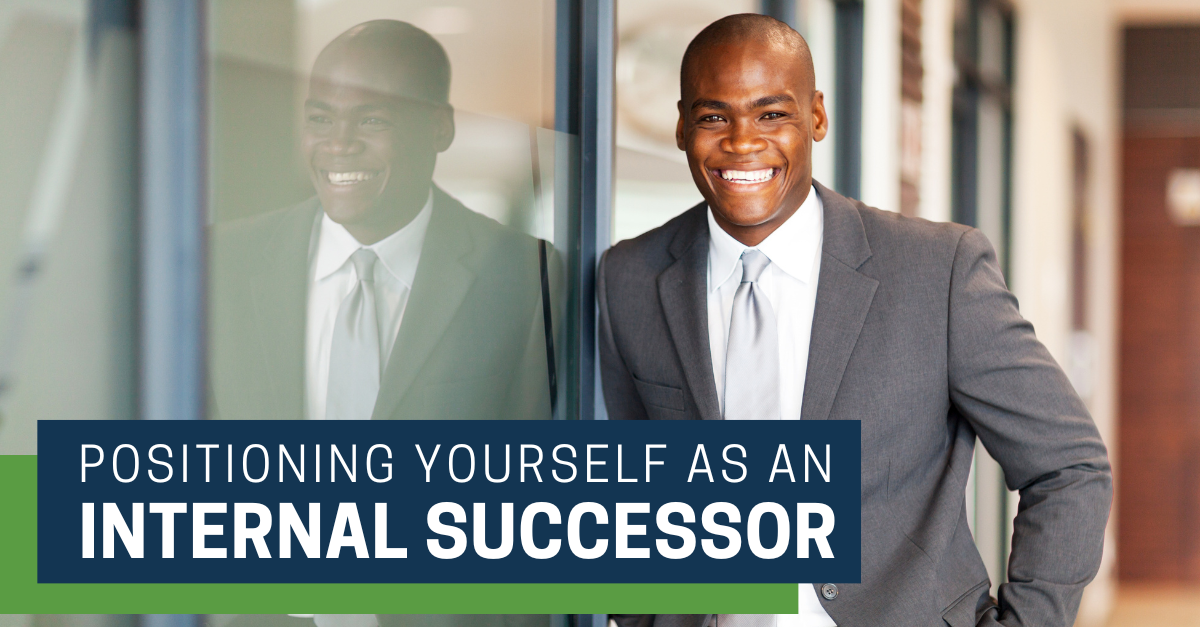Positioning Yourself as an Internal Successor

In some cases, a founding advisor has actively recruited a junior advisor for the purpose of cultivating a successor. Even still, they may not feel that an advisor is ready to graduate to the level of partner, or they may have concerns about the risks involved with taking on a partner. No matter your role in the firm or your relationship with the founder, it’s important to address the needs and concerns of the founder so you can position yourself as a qualified and committed candidate for their succession.
Start by Defining Your Why
Before approaching an owner, you need to define your reasons for seeking a partnership. The first reason for defining your why is it serves as a foundation for setting goals and defining your path forward as an advisor and practice leader. The second reason is that senior advisors will ask you why you want to pursue a partnership role. They want to know that your why aligns with theirs, and that it will support or enhance the direction of the practice.
Therefore, it’s important to know the owner well. Understanding their motivations, goals, and values, and how that plays out in the way they do business and serve clients, allows you to better align your value proposition and goals with the firms’. This allows the owner to view you as the right candidate to carry the torch and to preserve the legacy they have built in their practice.
Communicate Your Interest to the Owner(s)
Founding advisors choose a partner or successor that has their client’s best interests at heart, and who best aligns with the values and strategies they used to build their business. Start by sharing real life stories about why you got into the business, how you go above and beyond to serve customers, and how you envision your role growing in the practice. Make sure to tie your role and your changing responsibilities to the vision and goals the founding advisor has for the practice. Ask them to share any concerns they have about you as a successor. Address their concerns with care, making sure to demonstrate that their concerns are valid and how you will mitigate them.
Cultivate Your Leadership Skills
Transitioning from a support staff or junior advisor role to that of owner and leader requires a significant mindset shift, as well as a new set of skills to be effective. You must be able to see and think about the whole business, not just your own tasks and clients. You must be able to make strategic decisions, to see the costs associated with those decisions, take responsibility for mitigating risks, and be able to guide a team toward goals. Hiring a coach and/or investing in training and other professional development programs or designations not only helps you develop those skills but also shows the founder that you are committed and have skin in the game.
Getting the support of the founder is just the first step toward ownership. To help you on your journey, we have developed a comprehensive guide for founders and Nextgen advisors. The guide includes resources on how to structure a deal, including the affordability of phased successions, financing, and risks and protections for both parties. Download your copy now.
